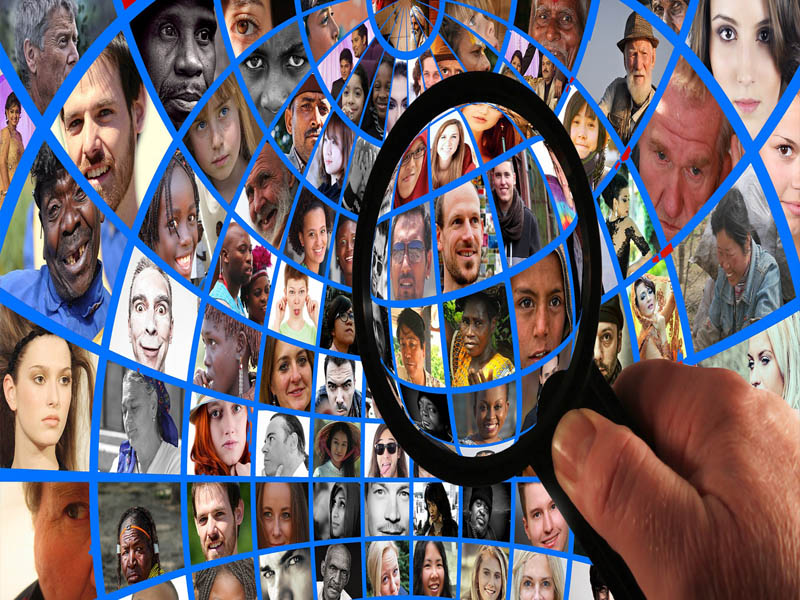Those who can give up essential liberty to obtain a little temporary safety deserve neither liberty nor safety.”
― Benjamin Franklin
After the Puttaswamy judgment, the right to privacy was declared to be constitutionalised under the already existing Article 14, 19, and 21. For this particular law, the Supreme Court has to overrule his own previous judgements on the similar matter.
It was one of the tricky judgments. For, Privacy is not yet clearly defined by any nation. As per US judiciary, it is the right to be let alone. As per Our Supreme Court of India, “ it is important that human beings should be allowed domains of freedom that are free of public scrutiny unless they act in an unlawful manner.”
But Privacy has far greater concerns than just hammering and leaking one’s information and using consumers as pawns to be targeted for consumerism. It can have adverse effects on certain sections of society like homosexuals, artists, anonymous writers, etc.
In the worst case scenarios but possible, information can be used by the Government to suppress oppositions and censor free speech like already followed by the Chinese and Saudi Arabia Government.
It has been discovered recently that Facebook, Equifax, etc were breaking into users’ privacy and using their data to track their movement and lifestyle.
The General Data Protection Regulation Act framed by the European Union is currently serving as the model for the world in the matter of right to privacy. Infact, Right to be forgotten is a subsection of this law.
Right to be forgotten means the ‘Data Principal’ (person who shares the data) has the right to restrict and prevent further disclosure of his/ her personal data through this means. And the data holder may charge a reasonable fee to be paid to heed to the requests of the Data Principal.
References:
https://www.goodreads.com/quotes/tag/privacy
https://byjus.com/free-ias-prep/upsc-exam-online-preparation/ncert-notes/
https://pixabay.com/illustrations/magnifying-glass-people-head-faces-1607208/
Stay with
Prerna 🙂


